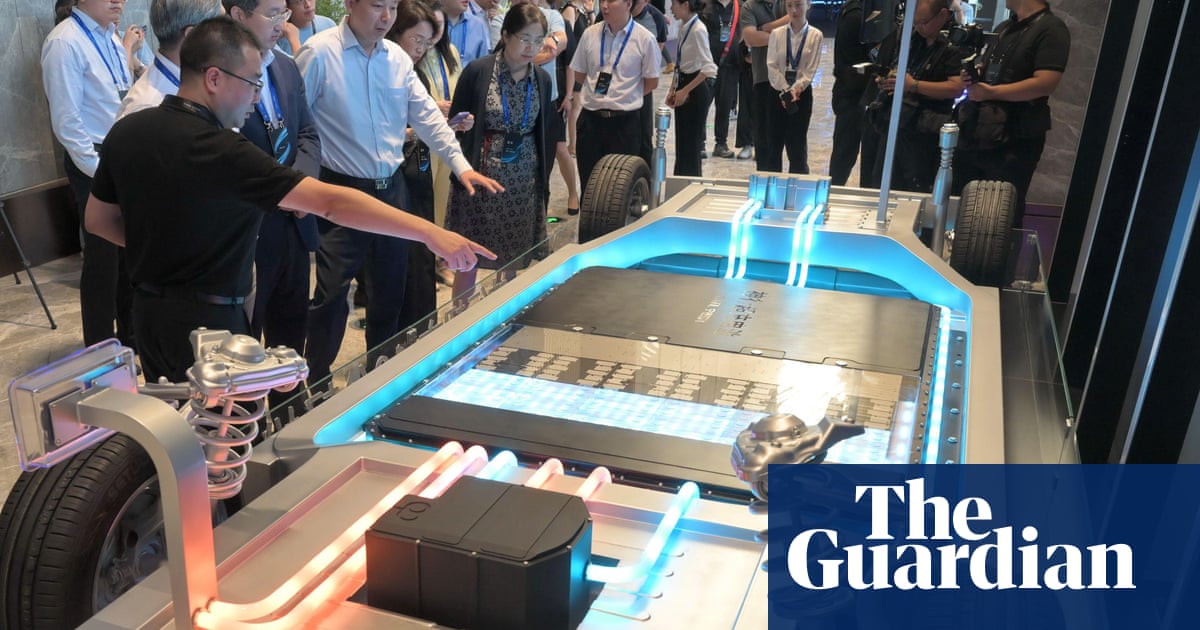Norway has the fastest adoption of EVs of any nation in the world. But the seeds of this transition were planted in the '80s, long before EVs started shipping in volume, just within the past decade.
Read in The Guardian: https://apple.news/AyqnDodWmRyOB5ycoYezfGQ
Interesting article about how some true believers, including members of the musical group a-Ha, were instrumental in popularizing EVs in the country, a combination of activism and civil disobedience.
But embedded in this history is the fact that it's apparently prohibitive to buy an ICE car because of high taxes, much of it based on the expected emissions of the car.
So people buying EVs don't have to pay any of these emissions taxes. It's not clear if they have other incentives, like tax credits or other subsidies.
Norway came to lead the world in electric car take-up. In 2023, 82.4% of private vehicles sold in the country were electric. In January, the figure was 92.1%. The goal is to hit 100% by next year.
Meanwhile, in the UK, a ban on new petrol and diesel cars was recently pushed back from 2030 to 2035. Just 14.7% of new cars registered in January were electric. The situation in the EU is even worse: 10.9% of cars sold there in January were electric.
Why Stavanger? Because, as well as – irony alert! – being its oil capital, Norway’s third city, in the south-west of the country, has been pivotal in its road towards zero-emission transportation. They tried electric buses here in 1994. In 1998, the city was part of a European trial of electric vehicles (EVs) for goods distribution. In 2009, it was the first Scandinavian city to host the biannual Electric Vehicle Symposium.
It’s also where not-the-king Harald lives: that’s Harald Nils Røstvik, an architect who is now an emeritus professor of city and regional planning at the University of Stavanger. He has also played a significant role in Norway’s EV revolution.
Read in The Guardian: https://apple.news/AyqnDodWmRyOB5ycoYezfGQ
Interesting article about how some true believers, including members of the musical group a-Ha, were instrumental in popularizing EVs in the country, a combination of activism and civil disobedience.
But embedded in this history is the fact that it's apparently prohibitive to buy an ICE car because of high taxes, much of it based on the expected emissions of the car.
So people buying EVs don't have to pay any of these emissions taxes. It's not clear if they have other incentives, like tax credits or other subsidies.



/cdn.vox-cdn.com/uploads/chorus_asset/file/25120751/236938_Tesla_showroom_Cyber_Truck_AKrales_0177.jpg)